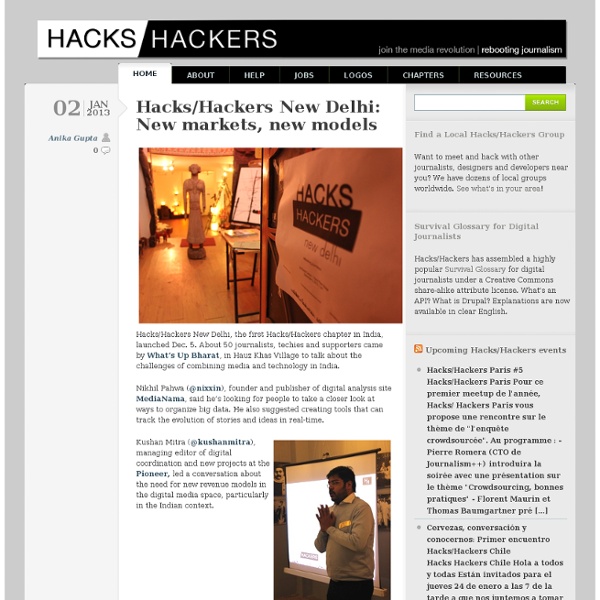



Paris Hackers VIZUALIZE Czecoslovakia tourist road map cover, 1964 A bold map cover from communist-era Czechoslovakia in 1964. Many East European countries that had strong pre-WW2 design legacies continued with some often bold output such as this. Hack Day Paris | November 4-6, 2011 Secrecy News The number of chronically homeless persons in the U.S. dropped from more than 120,000 in 2008 to around 84,000 in 2014, a new report from the Congressional Research Service notes. The federal government has undertaken to end chronic homelessness by 2017. “One of the reasons that federal programs have devoted resources to ending chronic homelessness […] Read More The national census in 2020 will be the first to rely primarily on the Internet for collecting census data, thereby creating new avenues for fraud and disruption. Read More Employees of the U.S. intelligence community are expected to be bold, innovative and imbued with moral courage. Read More The guiding principles for implementing and operating the Intelligence Community (IC) Information Technology Enterprise (ITE) were set forth in a 2013 memorandum from the Director of National Intelligence that was recently released under the Freedom of Information Act. Read More Read More Read More Read More Read More Read More Tomorrow Ronald W.
Compagnons du hacking Les hackers, ces personnes qui font un usage créatif des technologies, ont l'image de gens casaniers, planqués derrière un écran. En réalité, certains voyagent beaucoup, contribuant à l'essor de la communauté et au partage des connaissances. Le logo de Hackbus “Transportation hacking” : tel est l’intitulé d’un des projets soumis pour le 28C3, le prochain congrès du Chaos Computer Club (CCC), le plus grand collectif allemand de hackers, qui aura lieu à Berlin en décembre. Mitch Altman, figure du milieu qui a créé Noisebridge, et voyageur inlassable, a même créé un passeport hacker qui “ressemble beaucoup aux passeports américains, sauf qu’il n’y a pas besoin d’empreintes digitales.” Aider à promouvoir les gens qui visitent autant de hackerspaces que possible dans le monde. Mitch Altman avait apporté 2 500 passeports début août au dernier Chaos Communication Camp, le grand camp quadriannuel du CCC. Le dernier CCC a changé ma vie à jamais et celle de tant de gens. Ateliers et conférences
La Une Au coeur du site des hackers Hackerspaces.org recense les lieux physiques où se rencontrent de plus en plus les adeptes de la bidouille. Esther Schneeweisz, alias Astera, fait partie des fondateurs. Portrait berlinois d'une jeune femme emblématique de la dernière génération de hackers. Astera Schneeweisz à Berlin, novembre 2011 - (cc) Ophelia Noor Elle incarne cette nouvelle génération de hackers, ces adeptes de la bidouille : le nez dans la machine mais aussi dans les objets, habitué des hackerspaces, des lieux de rencontre physique. Esther Schneeweisz, alias Astera, aime tellement les hackerspaces qu’elle fait partie de la petite bande aux contours flous qui a monté et prend soin de hackerspaces.org [en], un site qui liste les hackerspaces du monde entier, entre autres. Cette adepte de la ligne de commande, originaire d’Autriche, vit à Berlin, où nous l’avons rencontré. Astera a fait ses premiers pas dans le milieu en 2008 en Autriche, au Metalab [en], grâce à une bonne dose de sérendipité) relationnelle.
Cryptome